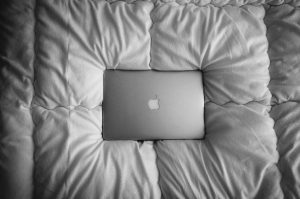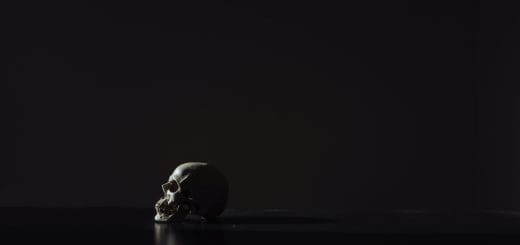Better Sleep, Better You
We recently had the chance to speak with Dr. Jessica C. Levenson again, a licensed clinical psychologist and assistant professor of psychiatry at the University of Pittsburgh School of Medicine. She investigates techniques and intervention strategies that can improve adolescent sleep for overall well-being, both physically and mentally.
Last time we talked with Dr. Levenson, she answered the question, “What is Therapy?” and told us more about we can expect in therapy sessions. Here, we will be talking with her about why sleep is important and why we should try to get more of it.
How is Dr. Levenson’s team studying sleep in adolescents?
Dr. Levenson explores ways adolescents can get more sleep to improve health and functioning. For example, research shows that sleep affects grades, attendance in school, emotions, attention, and risky behavior. In her recent research, teens attend one session with a therapist that focuses on sleep, and then they use web-based smartphone communication, designed by Dr. Levenson’s team, to track how much sleep they got, what their activity before bed was, and other information. Sometimes, she also measures movement during sleep using an activity monitor watch similar to a Fitbit.
Is this an intervention that is available as an app we can download?
The intervention was a web-based communication, not necessarily an app, and is not available at this time. However, there are other apps out there that can help you track your sleep, such as Sleep Cycle.
Check out some more options that might help you get a better night’s rest.
Why is improving sleep for adolescents so important?
Research suggests that teens need between 8 to 10 hours of sleep, but most only get about 6.5 to 6.7 hours of sleep per night. Adolescents who are chronically sleep deprived have been shown to have negative health consequences like depression and other mental health issues, poor grades, or drowsy driving. Poor sleep is also connected with obesity and substance use. Helping teens get more sleep could be a way to prevent or improve these outcomes.
More sleep and better rest helps us do our best throughout the day. A study from Stanford University showed that their basketball team performed better in timed sprint and shooting accuracy after getting 10 hours of sleep a night or more!
We have heard of things like changing the light on your phone to “sleep mode,” playing relaxing sounds, and special lamps to help people sleep. Do these things actually work??
 Dr. Levenson pointed out these things are not yet fully examined by research. However, everyone has different needs. Changing the light on your phone is not likely to harm you, so it is worth a try if you use your phone before bed. Different things work for different people. For example, some people need the TV on to sleep, and others need absolutely no noise or light. Get to know yourself and see what works for you to achieve healthy long-term sleep.
Dr. Levenson pointed out these things are not yet fully examined by research. However, everyone has different needs. Changing the light on your phone is not likely to harm you, so it is worth a try if you use your phone before bed. Different things work for different people. For example, some people need the TV on to sleep, and others need absolutely no noise or light. Get to know yourself and see what works for you to achieve healthy long-term sleep.
What are your thoughts on medications to help with sleep?
Medicine and sleep aids have a place in our efforts to getting better sleep. However, this is not the answer for everyone and this should be a discussion with your doctor. Besides, simply changing your behavior to improve sleep (and not medications) has been shown to have a better long-term effect and tends to have fewer side effects.
What are some calming activities we can do before bed?
Dr. Levenson says it is a good idea to start winding down from your day about an hour before bed. For example, stop using your phone, maybe read a book or magazine, listen to some music or  a podcast, do a crossword, journal, do some mindfulness meditation, etc. Some other healthy habits are not to have too much caffeine during the day (and definitely not close to bed time) and making sure you only use your bed for sleep. Find other places to do other activities like homework or watching TV. Also, having regular sleep cycles is very important.
a podcast, do a crossword, journal, do some mindfulness meditation, etc. Some other healthy habits are not to have too much caffeine during the day (and definitely not close to bed time) and making sure you only use your bed for sleep. Find other places to do other activities like homework or watching TV. Also, having regular sleep cycles is very important.
What if using your phone is a way for you to wind down at the end of the day?
Again, everyone is different. Generally, the recommendation is not to because using your phone can be very stimulating. But pay attention to your own patterns and if you have no problem sleeping, then do what works for you. Find your own calming activity.
Last bit of advice:
Adolescence is a time when lots of things are changing and it is good to start setting good behaviors and healthy habits now, rather than dealing with the consequences later.
What are your sleep habits like? Do you have any tips about what helps you fall asleep? Have you ever tried an app to track your sleeping patterns? Share your experiences below!





Recent Comments